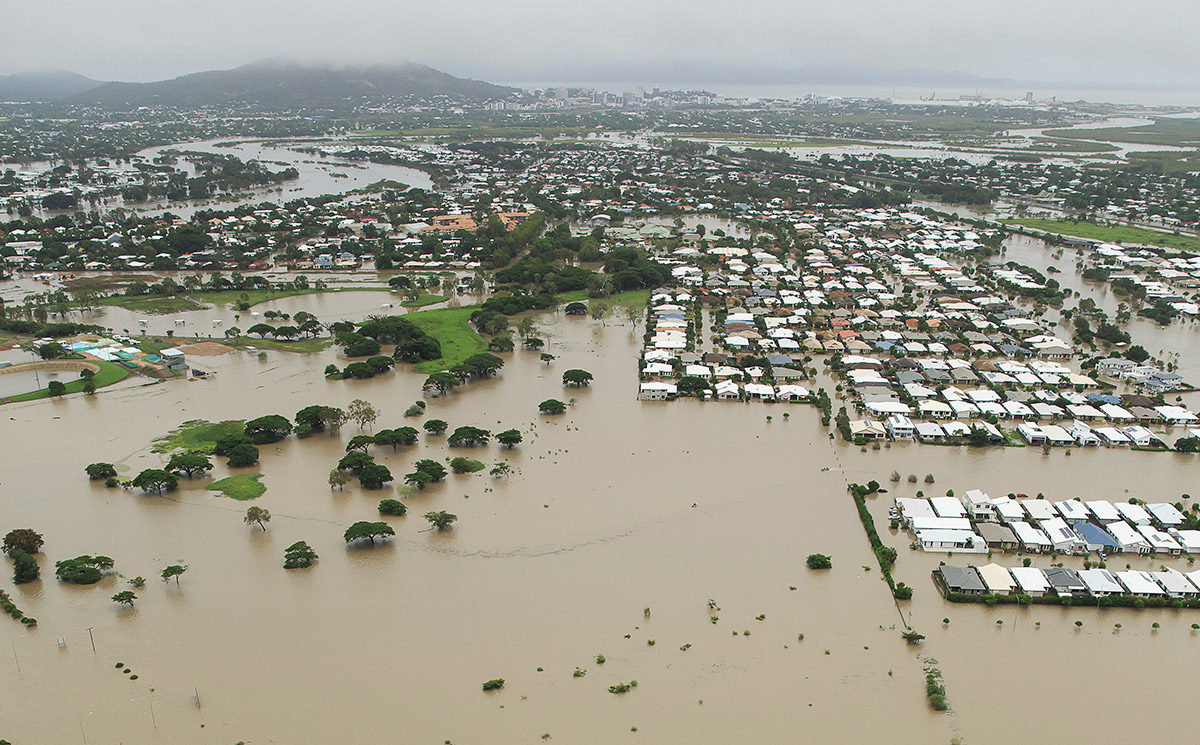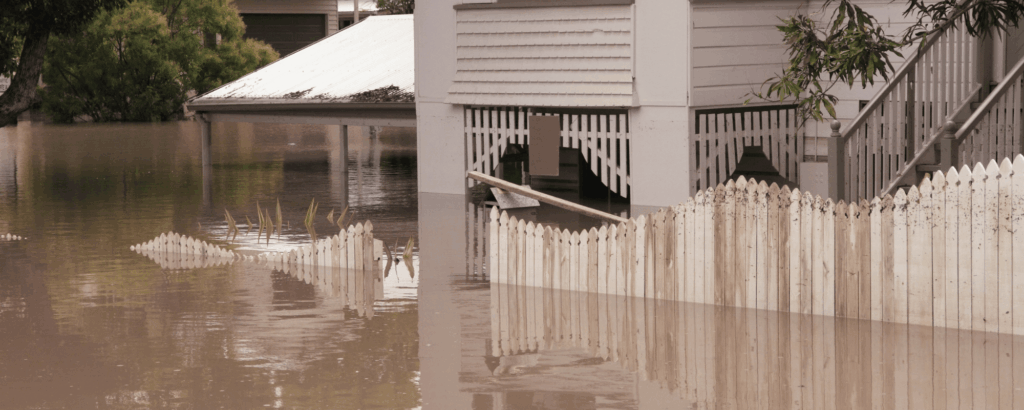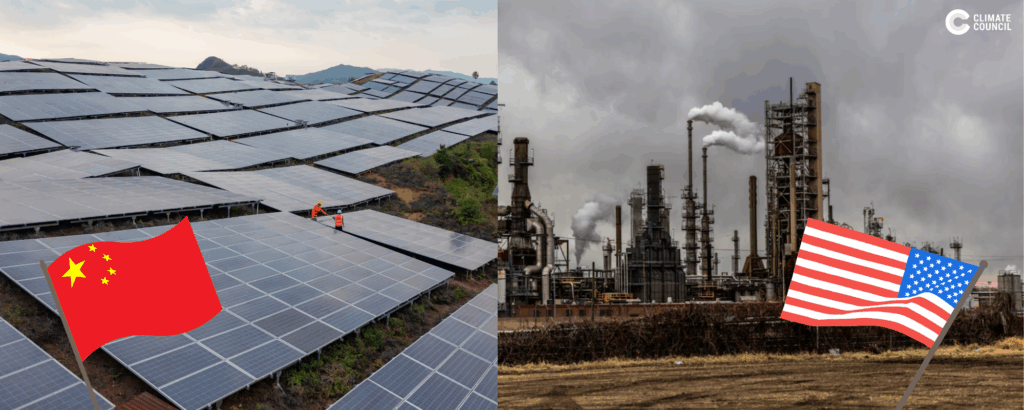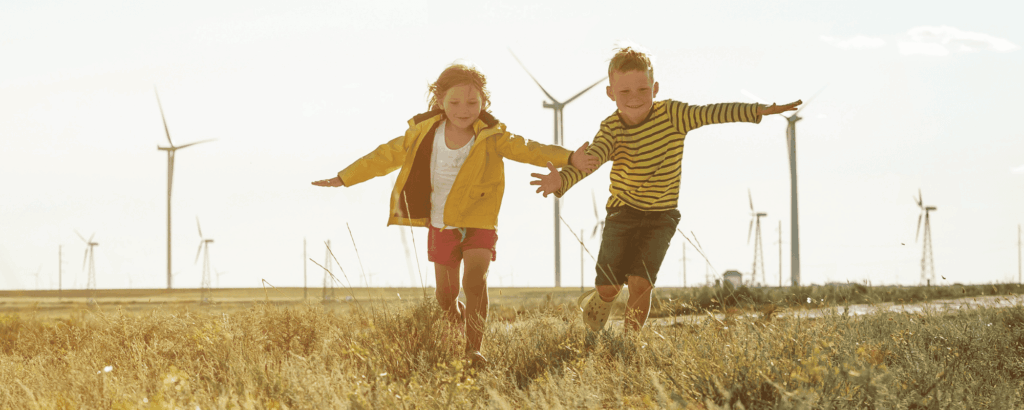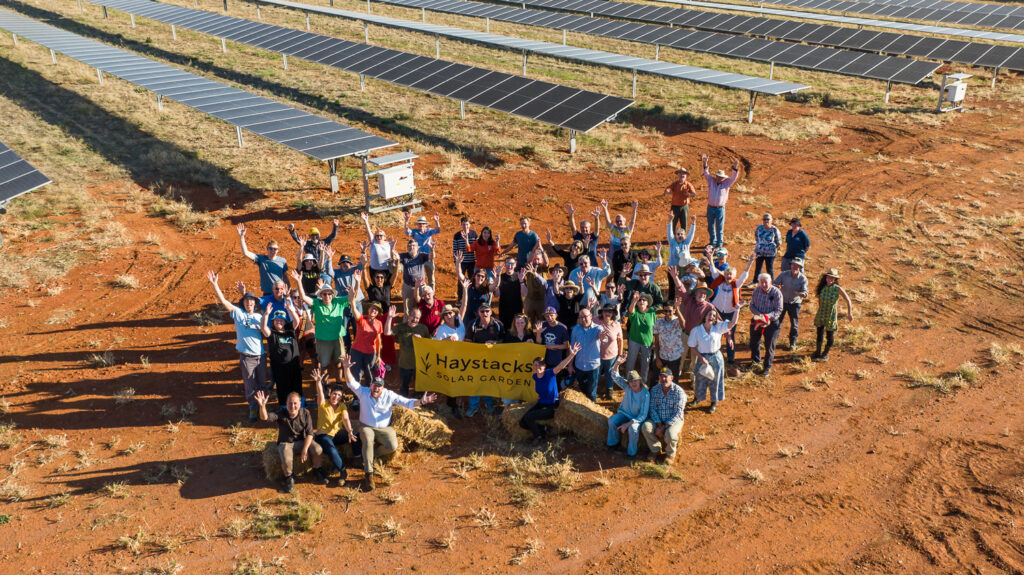Many will remember 2020 as the year of the COVID-19 pandemic. Yet for millions of people around the world, the virus served as a backdrop to another battle as we lived through the most intense period yet of climate fuelled extreme weather.
Unprecedented fires, extreme heat, powerful cyclones and devastating floods all occurred in 2019-20, capping off a decade in which the climate crisis hit hard.
Hitting Home: The Compounding Costs of Climate Inaction outlines the latest science on how climate change is driving more destructive heatwaves, downpours, cyclones, droughts, fires and other extreme weather events. It highlights significant events in Australia and around the world from the past two years. Taken alone, any one of the events described in this report – from Australia’s Black Summer bushfires to the record breaking North Atlantic hurricane season, or the remarkable Siberian heatwave – would mark the year as unusual. Taken together, they paint a disturbing portrait of our rapidly escalating climate emergency.
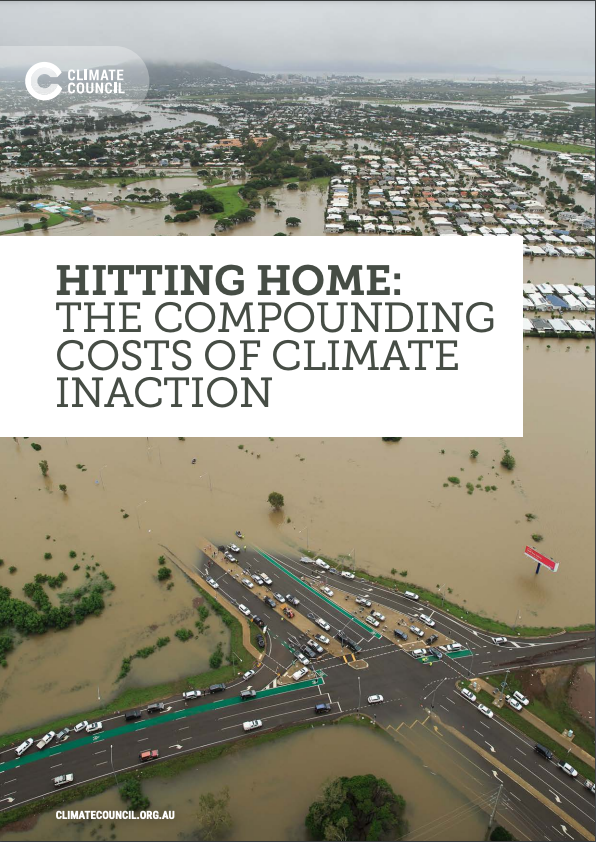
Key Findings
1. 2019-20 was an exceptionally intense period for climate-fuelled extreme weather, with heavy costs felt in Australia and around the world.
- An extraordinary run of events, including unprecedented fire seasons in Australia and the US, a record-breaking North Atlantic hurricane season, and an astonishing series of heat records, paint a sobering portrait of our escalating climate crisis.
- Extreme heat events are rapidly on the rise both here, and overseas. The latest science projects that by 2100, annual deaths from extreme heat worldwide will outstrip all COVID-19 deaths recorded in 2020.
- The cost of extreme weather disasters in Australia has more than doubled since the 1970s, reaching $35 billion for the decade 2010-2019.
- Australians are five times more likely to be displaced by a climate-fuelled disaster than someone living in Europe. In the Pacific, that risk is 100 times higher.
- Australia is surrounded by many countries that are acutely vulnerable to climate impacts. Those unfolding regional impacts may soon become as damaging to Australia as those that strike us directly.
2. Some extreme weather events show ‘tipping point’ behaviour when a critical level of heat or drought triggers a massive, devastating event.
- In 2019-20, we ushered in a new and dangerous era of megafires that ravaged Australia, Brazil, Siberia and the US West Coast. During the massive Black Summer bushfires, we likely crossed a tipping point for Australia’s temperate broadleaf and mixed forests. In any typical fire season, 2-3 percent of these forests burn, but in the Black Summer 21 percent burned.
- Around half of all hard corals along the Great Barrier Reef perished during successive mass bleaching events in the past five years. We are on track to eliminate all of Australia’s and the world’s tropical coral reefs.
3. Ignoring climate change is deadly. Australians are now paying the price for our own and the world’s failure to reduce emissions quickly enough or deeply enough.
- Governments, like the Australian Government, which have failed to substantially reduce emissions over the past decade have sentenced Australians, and communities worldwide, to a far more dangerous future than if they had responded to repeated warnings from scientists.
- Due to this past inaction, gradual, measured steps are not enough to avoid catastrophe. At this point, only truly transformative action is required. That means at least halving global emissions over the coming decade, and reaching net zero emissions globally by 2040 at the latest.
4. No developed country has more to lose from climate change-fuelled extreme weather, or more to gain as the world transforms to a zerocarbon economy, than Australia does.
- We need bold, concerted action across all levels of government, business, industry and community to reduce Australia’s emissions to net zero as soon as possible, and prepare for worsening extreme weather events.
- Almost all of Australia’s major trading partners and strategic allies, as well as Australian state and territories, are now committed to net zero emissions by around mid-century. This includes countries that buy more than 70% of our coal and gas exports.
- Australia can position itself as a global powerhouse of renewable energy and clean industries, ensuring our prosperity and security in a post-carbon world.

